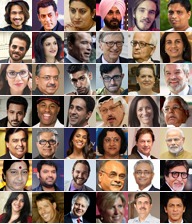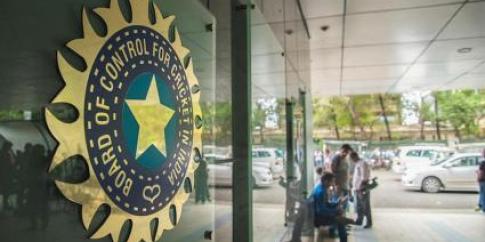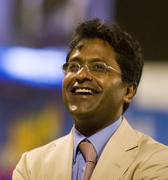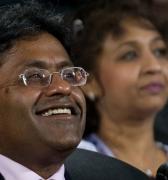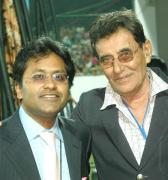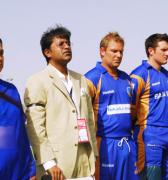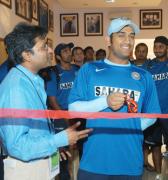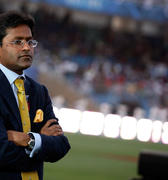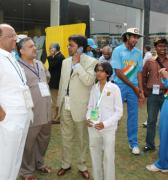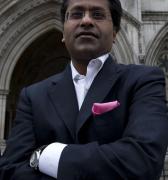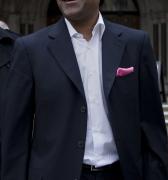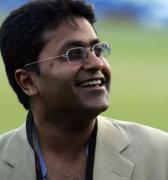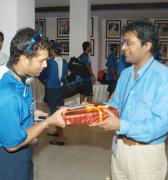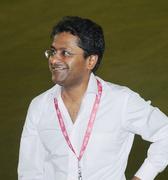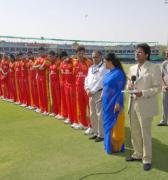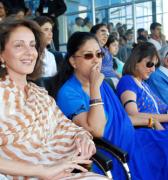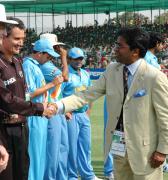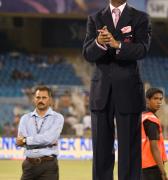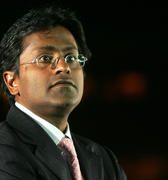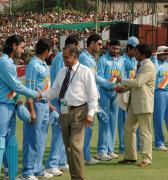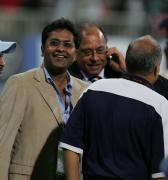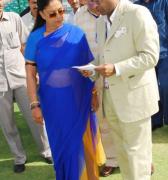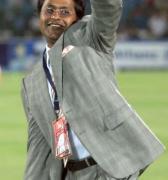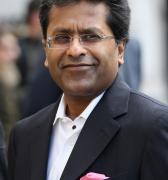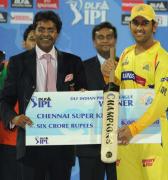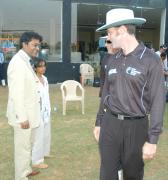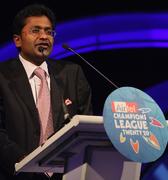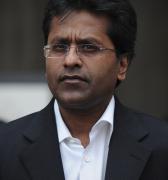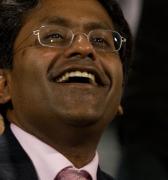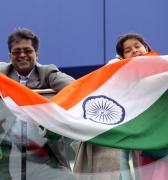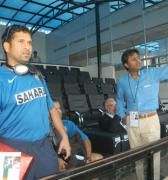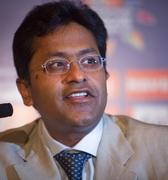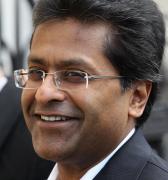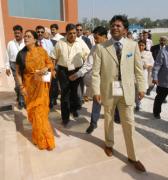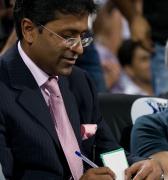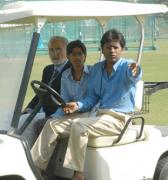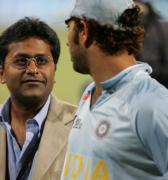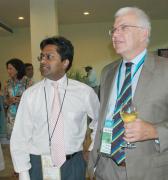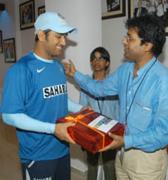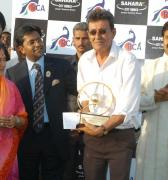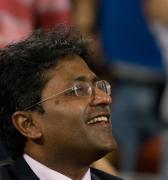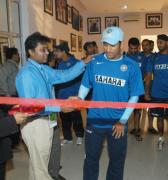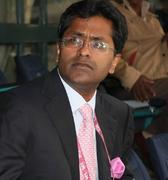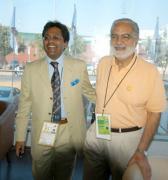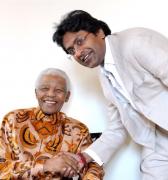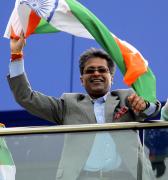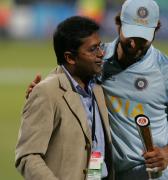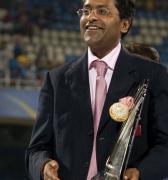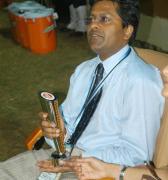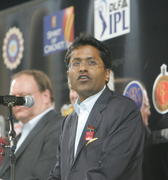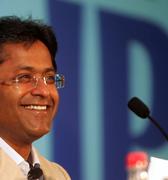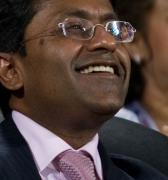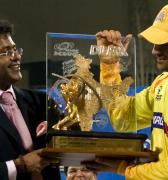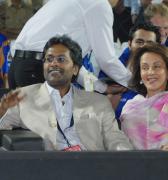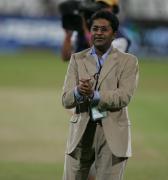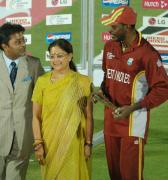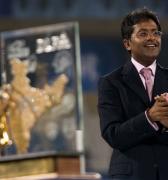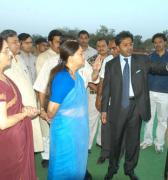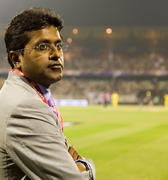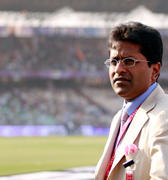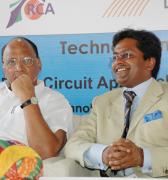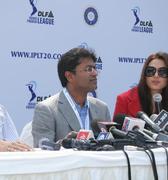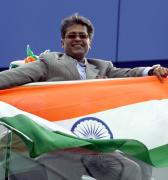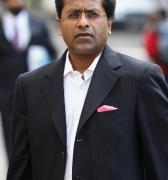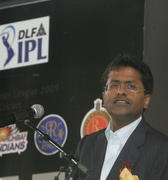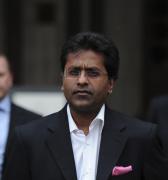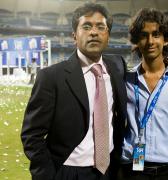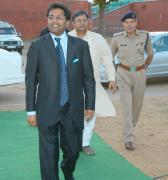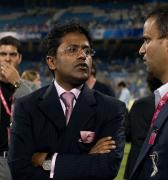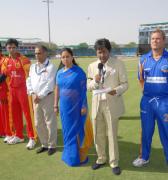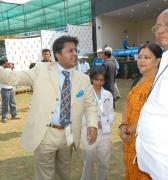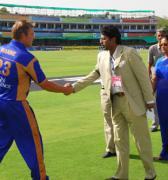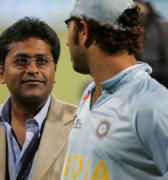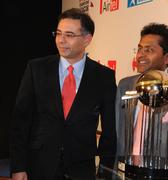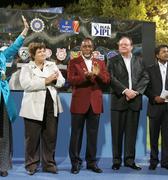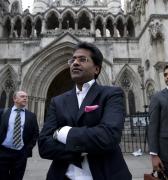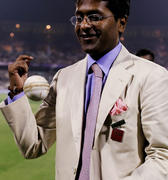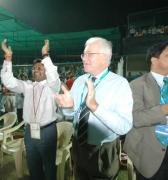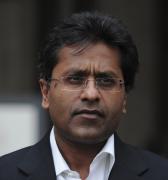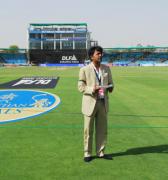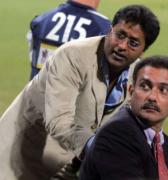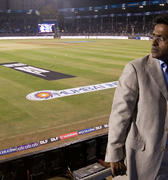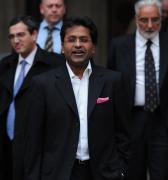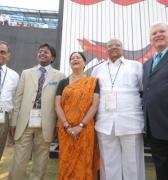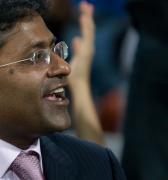Why BCCI’s retirement policy is not impartial
The BCCI is retiring its ACU chief Neeraj Kumar and anti-doping unit veteran Vece Paes but its administrators have not been transparent in some cases
The Board of Control for Cricket in India, currently being directed by the Supreme Court-appointed Committee of Administrators, has been rather selective in retiring officials in key positions. In July this year, the Vinod Rai-led CoA decided to retire staff who attained the age of 60 but the Board’s administrators have been unable to apply the policy uniformly.
According to a well-placed BCCI source, 64-year-old former Police Commissioner of Delhi Neeraj Kumar will be issued his retirement letter by this weekend but there is no clarity on the future of long-serving General Manager (administration) of the Board, Professor Ratnakar Shetty. Neeraj Kumar was appointed chief of the Anti-Corruption Unit after he retired as an IPS officer in July 2013.
“Neeraj Kumar’s retirement letter has been signed but we are still discussing Shetty’s future,” said the BCCI source, hinting that a strong lobby is at work to give the over 65-year-old former Chief Administrative Officer of the BCCI another stint.
Apart from Neeraj Kumar, also being retired is Dr Vece Paes, who was a senior member of the BCCI’s anti-doping wing. Paes, a member of the 1972 Munich Olympics hockey team and father of tennis star Leander Paes, served the BCCI for more than seven years after being appointed in October 2010.
On July 22 this year, the CoA decided to adopt a uniform retirement policy for BCCI staff. The meeting was attended by Rai and the second member of a depleted CoA team, former India women’s team skipper from Mumbai, Diana Edulji. Also in attendance was the BCCI CEO Rahul Johri and its legal advisor Karina Kripalani.
The CoA was told that some employees (like GM – Media, Amrit Mathur and Banwari Lal of National Cricket Academy’s finance department) had earlier been made to retire at the age of 60 because their respective employment letters specifically mentioned a retirement age. However, there were still some employees (like Shetty) above the age of 60 who did not have a retirement age.
“This (not having a retirement age in an employment letter) is absurd in a professional setup. Imagine how the BCCI ran at the whims and fancies of powerful lobbies and certain people made to feel indispensable,” said the source.
It was thus decided to have a uniform retirement age of 60 for all existing employees and those who have crossed 60, should be retired by December 31, 2017. However, the BCCI could, at its discretion, enter into a definite contract with retiring employees capable of making a significant contribution to the Board.
In a CoA meeting on September 27, Shetty was given a three-month extension (till December 31) since the late MV Sridhar was stepping down as GM (cricket operations). “At that time, BCCI needed Shetty to help out in administrative matters since Sridhar was leaving due to controversial reasons,” explained the BCCI source.
Five employees — Shetty, Neeraj Kumar, Dr Paes and office staff members Jayant Jhaveri and Laxman Sitaram Tambe – were due to go. With retirement day approaching, the lobbying began.
Neither the CoA nor the CEO (Johri) replied to emails asking for clarity on retirement. Vinod Rai did not take calls but Diana Edulji did, not guessing why HT called her. The former left-arm spinner was stumped by questions on Shetty, who is seemingly keen to continue and is being backed by a strong Mumbai lobby.
“I am not in a position to answer any questions on retirement. You have to talk to the CEO or Mr Rai,” Edulji told the Hindustan Times.
“But weren’t you party to the policy making?”
“Yes, I was but I can’t answer anything specific,” said a stammering Edulji.
A chemistry teacher, Shetty, who has been into cricket administration starting with Wilson College since the Seventies, declined to comment on his retirement, too. “Won’t be speaking anything on BCCI … nothing at all,” he said in Mumbai on Thursday.
Rai’s silence is not unexpected. With the Supreme Court yet to give a clear verdict on the implementation of the Lodha reforms on age, tenure, voting patterns and membership, the CoA’s ‘clean BCCI’ drive is on second gear at best.
“Who cares for the CoA? What powers do they have? Why should they retire someone (Shetty) who is perfectly healthy and knows his job?” former BCCI secretary Niranjan Shah told Hindustan Times.
Shah is himself fighting a case against the Lodha reforms. The septuagenarian Saurashtra official is adamant that BCCI should not be in the hands of a court-appointed body like CoA.
“Let the general body decide on retirements and other matters on age and tenure,” said Shah, hinting that the Supreme Court is not going to rush into changing the BCCI’s constitution.
In its bid to set the BCCI house in order, the CoA, which is seen as the epitome of fairness, has been clearly found wanting on the retirement issue.
The Board of Control for Cricket in India, currently being directed by the Supreme Court-appointed Committee of Administrators, has been rather selective in retiring officials in key positions. In July this year, the Vinod Rai-led CoA decided to retire staff who attained the age of 60 but the Board’s administrators have been unable to apply the policy uniformly.
ccording to a well-placed BCCI source, 64-year-old former Police Commissioner of Delhi Neeraj Kumar will be issued his retirement letter by this weekend but there is no clarity on the future of long-serving General Manager (administration) of the Board, Professor Ratnakar Shetty. Neeraj Kumar was appointed chief of the Anti-Corruption Unit after he retired as an IPS officer in July 2013.
“Neeraj Kumar’s retirement letter has been signed but we are still discussing Shetty’s future,” said the BCCI source, hinting that a strong lobby is at work to give the over 65-year-old former Chief Administrative Officer of the BCCI another stint.
Apart from Neeraj Kumar, also being retired is Dr Vece Paes, who was a senior member of the BCCI’s anti-doping wing. Paes, a member of the 1972 Munich Olympics hockey team and father of tennis star Leander Paes, served the BCCI for more than seven years after being appointed in October 2010.
On July 22 this year, the CoA decided to adopt a uniform retirement policy for BCCI staff. The meeting was attended by Rai and the second member of a depleted CoA team, former India women’s team skipper from Mumbai, Diana Edulji. Also in attendance was the BCCI CEO Rahul Johri and its legal advisor Karina Kripalani.
The CoA was told that some employees (like GM – Media, Amrit Mathur and Banwari Lal of National Cricket Academy’s finance department) had earlier been made to retire at the age of 60 because their respective employment letters specifically mentioned a retirement age. However, there were still some employees (like Shetty) above the age of 60 who did not have a retirement age.
“This (not having a retirement age in an employment letter) is absurd in a professional setup. Imagine how the BCCI ran at the whims and fancies of powerful lobbies and certain people made to feel indispensable,” said the source.
It was thus decided to have a uniform retirement age of 60 for all existing employees and those who have crossed 60, should be retired by December 31, 2017. However, the BCCI could, at its discretion, enter into a definite contract with retiring employees capable of making a significant contribution to the Board.
In a CoA meeting on September 27, Shetty was given a three-month extension (till December 31) since the late MV Sridhar was stepping down as GM (cricket operations). “At that time, BCCI needed Shetty to help out in administrative matters since Sridhar was leaving due to controversial reasons,” explained the BCCI source.
Five employees — Shetty, Neeraj Kumar, Dr Paes and office staff members Jayant Jhaveri and Laxman Sitaram Tambe – were due to go. With retirement day approaching, the lobbying began.
Neither the CoA nor the CEO (Johri) replied to emails asking for clarity on retirement. Vinod Rai did not take calls but Diana Edulji did, not guessing why HT called her. The former left-arm spinner was stumped by questions on Shetty, who is seemingly keen to continue and is being backed by a strong Mumbai lobby.
“I am not in a position to answer any questions on retirement. You have to talk to the CEO or Mr Rai,” Edulji told the Hindustan Times.
“But weren’t you party to the policy making?”
“Yes, I was but I can’t answer anything specific,” said a stammering Edulji.
A chemistry teacher, Shetty, who has been into cricket administration starting with Wilson College since the Seventies, declined to comment on his retirement, too. “Won’t be speaking anything on BCCI … nothing at all,” he said in Mumbai on Thursday.
Rai’s silence is not unexpected. With the Supreme Court yet to give a clear verdict on the implementation of the Lodha reforms on age, tenure, voting patterns and membership, the CoA’s ‘clean BCCI’ drive is on second gear at best.
“Who cares for the CoA? What powers do they have? Why should they retire someone (Shetty) who is perfectly healthy and knows his job?” former BCCI secretary Niranjan Shah told Hindustan Times.
Shah is himself fighting a case against the Lodha reforms. The septuagenarian Saurashtra official is adamant that BCCI should not be in the hands of a court-appointed body like CoA.
“Let the general body decide on retirements and other matters on age and tenure,” said Shah, hinting that the Supreme Court is not going to rush into changing the BCCI’s constitution.
In its bid to set the BCCI house in order, the CoA, which is seen as the epitome of fairness, has been clearly found wanting on the retirement issue.
(Courtesy: Hindustan Times)




